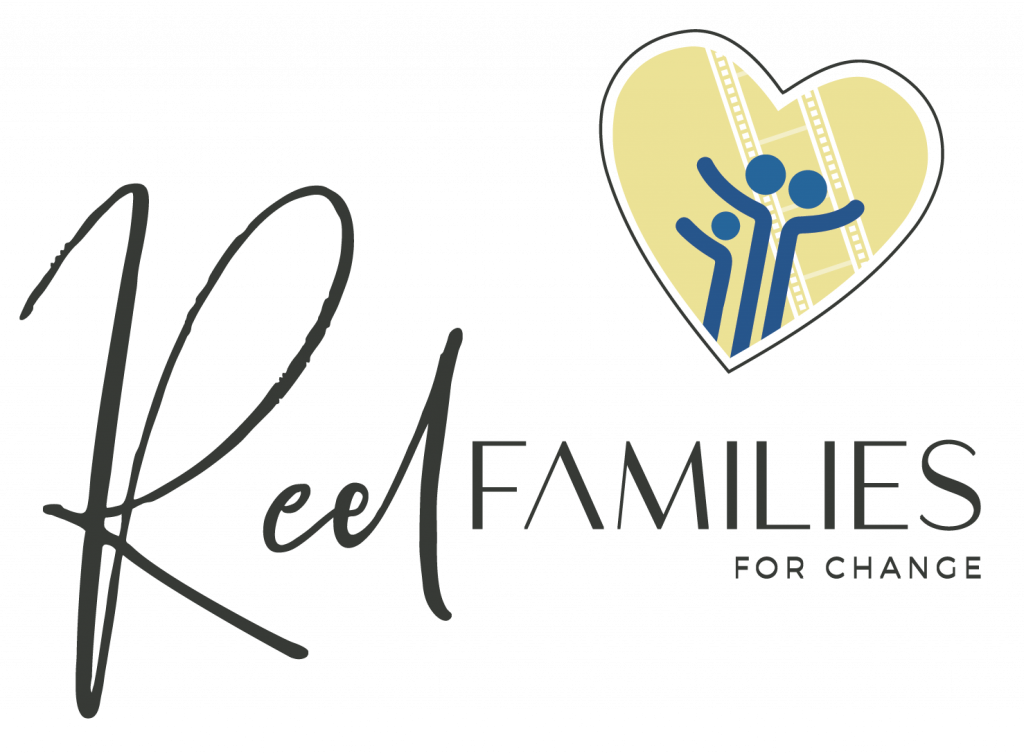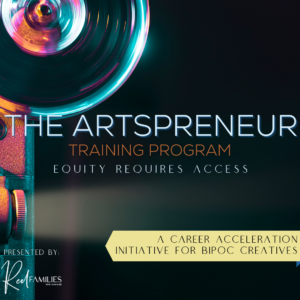Our new BIPOC accelerator aims to equip artist-entrepreneurs with the skills, resources, and networks to thrive in today’s marketplace.
Bridge Building
RFC’s BIPOC Arts Entrepreneur Accelerator Aims to Close Black-White Gaps
All too often, creatives who identify as Black, Indigenous, and Persons of Color (BIPOC) are not afforded the opportunities readily accessible to their White counterparts. There is often differential treatment toward BIPOC workers in terms of the lack of shared opportunities for increased pay, job promotions, and vital industry information. For BIPOC creative business owners, their lack of basic fundamentals like licensing, credentials, and legal space of operation are often made to be synonymous with being unqualified rather than indicative of systemic barriers and inequity.
According to the Economic Policy Institute’s program on race, ethnicity, and the economy, BIPOC workers, on average, are not being promoted or given the opportunities that, based on their education and experience, they should easily be offered.
This ties to the tokenism that holds BIPOC workers back in their creative fields because of companies or organizations looking to increase their diversity numbers as a surface-level quick fix rather than to make systemic changes to their workplaces structures and culture. BIPOC creatives deserve equitable access to success in the fields that fulfill them. This is especially true as it pertains to BIPOC creatives who work as freelancers and entrepreneurs.
In Delaware, the state where Reel Families for Change (RFC) is chartered, the organization has emphasized the importance of providing localized interventions for those working in the creative economy, especially creatives identifying as BIPOC.
RFC, along with 16 other nonprofit organizations, was acknowledged by The Delaware Community Foundation and African American Empowerment Fund of Delaware for their work to spearhead support for BIPOC creatives in the region. RFC, specifically, was awarded $20,000 to design a programmatic strategy for addressing the issues they noted in their proposal.
The result: The Artrepreneur Training Program; a free ten-week intensive career accelerator for BIPOC creative entrepreneurs in the mid-Atlantic region. With the help of additional supporters like Women in Film and Video-DC and BTG Multimedia Group, the organization is aptly positioned to service creatives beyond the First State for maximum regional impact.
The program exists to develop BIPOC entrepreneurs in the creative economy; equipping them with the needs, skills and resources to benefit their overall success: from market entry and sustainability, to economic growth/recovery and government contractual opportunities.
In an effort to fortify such endeavors, various regional arts councils have begun to embed equity and inclusion into their strategic plans and community programs. Some, like the National Assembly of State Arts Agencies have begun to emphasize the integration of commercial arts.
In Delaware specifically, the Delaware Division of Arts (DDOA) has a multi-year strategic plan in place to improve equity in the creative space and to focus more on for-profit creative businesses and professionals. By 2025, the DDOA aims to improve access to arts education with focused funding, encourage exposure to diversified arts experiences, revise the grantmaking process to create more equitable opportunities, support new modes of creative expression, and more.
This multi-part plan is in the works, and this incubator plans to address these issues before its enactment to ensure that marginalized communities are not behind the curve when they are. The Artrepreneur Training Program combined with the DDOA’s strategic plan aim to close the advancement and achievement gaps in Delaware and the Mid-Atlantic’s Delmarva region.
Interested in applying? Visit our Programs Page





